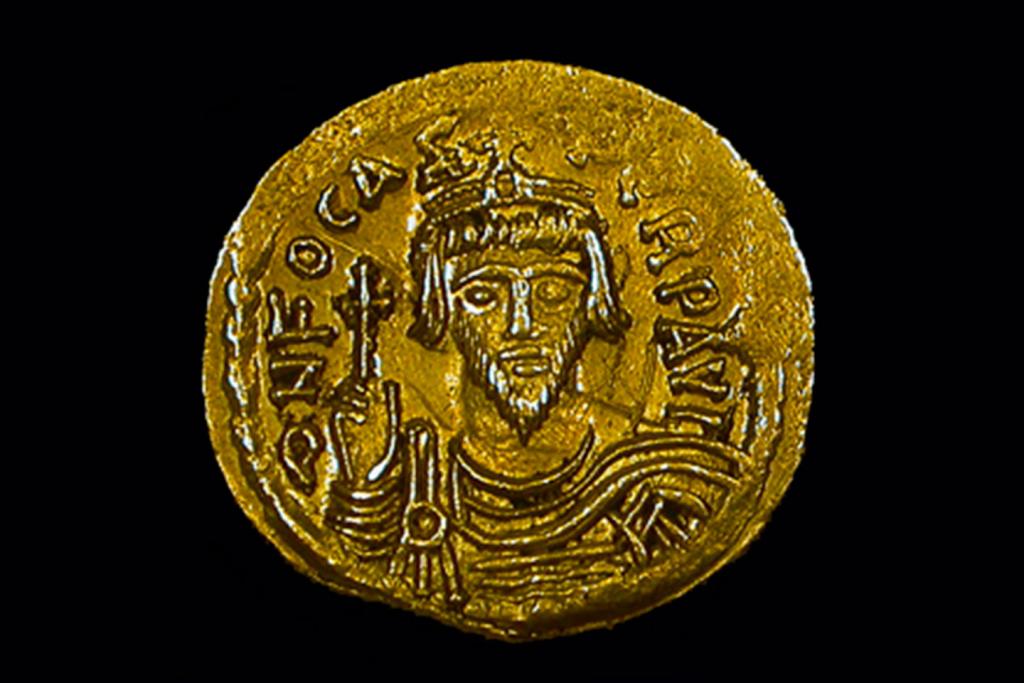Excellent Facts To Selecting Rand And Treasury
Excellent Facts To Selecting Rand And Treasury
Blog Article
How Do I Access An Online Database For Research About Numismatics As Well As Museums.
Here's a logical approach: This is a methodological approach: Database Choice: Select one that catalogues museum collections and numismatic holdings. Museum databases, like those provided by the British Museum, Smithsonian Institution and online platforms specializing on museum collections, or numismatic artifacts, are options.
Define Research Focus: Specify your research objectives. Are you looking for the numismatics collections of the museum you are visiting, or exhibits of coins, academic publications about numismatics, historical and cultural contexts that are associated with numismatic exhibitions or books that are scholarly on the subject of numismatics. Clarify your focus in order to direct your lookup.
Search Strategy: Use keywords that are relevant to numismatics, as well as museums. For example, "numismatic collections," "coin exhibits," or "museum catalog." If applicable Include museum names as well as geographic locations. Make use of the advanced search feature to narrow your search by date or collection type.
Data Collection: Get detailed information about the numismatic artifacts in museums, including pictures, provenance, historical significance and more detailed descriptions. Explore digital catalogs that list coins based on period, culture, or themes of exhibitions.
Analysis: Analyze the data to comprehend the importance of numismatic collections in museums. Learn the way museums interpret and preserve coins within the context of broader cultural and historical narratives. Consider how museums present numismatics, focusing on education strategies and interpretive frames.
Cross-Referencing: Verify the data you've gathered by cross-referencing your data with databases at museums or other scholarly sources. This will guarantee the accuracy and completeness of your research. This also gives the complete picture of the numismatics in museum contexts.
Documentation: Documentation is essential. Note sources and the methods used. Note the details of the databases you accessed as well as the search terms that you used, and how each resource relates to your research question.
Stay up-to-date. Numismatics and museum exhibitions change constantly. Make sure to check databases frequently for updates regarding the latest acquisitions, temporary exhibits, or scholarly publications that may enrich your research.
You can use databases to study numismatics at interplay with museums by following these simple steps. This technique allows for a complete examination into the display and interpretation of the coins as well as scholarly research within the context of museums. This provides insights into historical, cultural and educational significance. Have a look at the recommended banknote artist for website examples including forint, legal tender, banknote collection, nickel, coin value, platinum, coin release, peso, currency grading, currency catalog and more.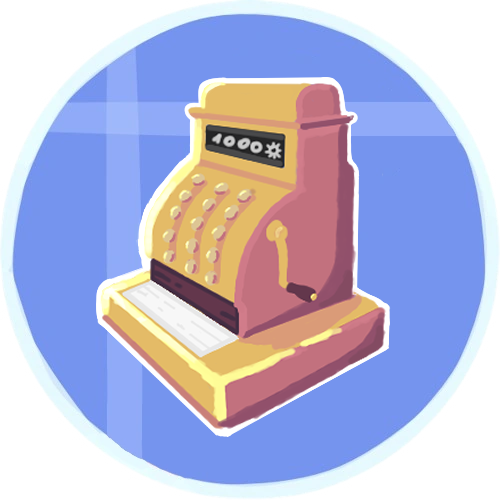
How Do I Utilize An Online Database To Look Up Numismatics Regarding Refineries?
To conduct a structured study on refineries, you require databases that focus on the processes of refinement of precious metals, minting and historical aspects. Here's a structured approach to conduct such research:Database Selection: Select databases that are specialized in minting, refining and refining of precious metals and numismatics. Some examples include databases from major refineries like Johnson Matthey and Heraeus or mints of the government like the United States Mint and Royal Canadian Mint.
Define Research Focus: Specify your research objectives. Are you interested in learning about the past and operations of specific refineries Are you interested in technological advancements, the production of gold and coins or quality standards in precious metals processing? Define your objectives to help you find the right solution.
Search Strategy - Use keywords to find refineries. These include "precious metallics refineries" as well as other terms like "minting procedures", "bullion" or geographic regions. If appropriate Include the names of refineries, historical times, or geographical areas. Filter results using advanced search options. This includes filtering results by date, document types (such a production report or technical reports) and refinement methods.
Data collection: Access information regarding refineries and their history like the date of their establishment as well as the type of precious metals they process (gold or silver for example) and any other historical advancements or innovations.
Analysis: Examine the data to understand the significance of refineries in numismatics. Analyze how refineries provide precious metals for the production of bullion and coins, manage quality of the minting process and help in the standardization of coins and other metals for coinage. Compare the practices and technologies employed by different refineries or mints.
Cross-Referencing - Check your results by cross-referencing the information in several databases. This lets you do a thorough research and to get an accurate overview of the contribution of refineries to numismatics.
Documentation: Record your findings thoroughly by citing sources and highlighting the methodologies employed. Note the details of the databases you visited, the search terms you searched with, and the way each resource connects to your research.
Stay Current: Refining technology and standards are constantly changing. Information from publications in the industry such as refinery reports and mint publications will keep you up-to with the latest advancements of refining technology as well as its impact on the world of numismatics.
Follow these steps to use databases efficiently to study the numismatics of refineries. This permits an in-depth analysis of the technological advancements as well as quality control and their historical contribution to coin and bullion production all over the world. Have a look at the recommended updated blog post on coin album for website tips including banknote collection, rare coins, coin blank, banknote display, coin pressing, gold coins, coin design, forint, coin mintmark, half-dollar and more.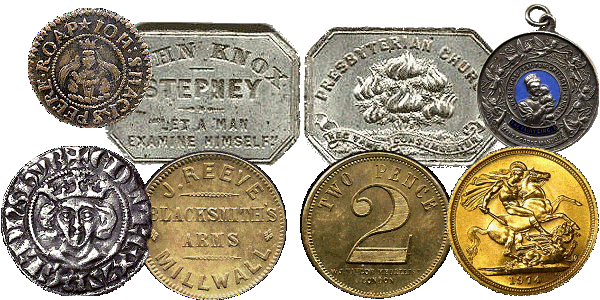
How Can I Find Out More About Numismatics In Relation To Legal Experts By Using A Database Of Numismatics?
Researching numismatics with regards to legal experts involves utilizing databases that are focused on numismatic law, rules that govern currency and coinage as well as legal precedents that relate to numismatic disputes, as well as research papers on the legal aspects of numismatics. The following is a step-by-step guide to conduct this type of research: Database selection: Choose databases that specialize in numismatic research and legal law. Also, choose academic journals that deal with aspects of law in the field. A few examples are legal research platforms, such as Westlaw or LexisNexis; numismatic laws journals as well as publications from the an numismatic society.
Define Research Focus: Specify your research objectives. Are you looking to learn about the legal frameworks governing coinage and the currency market, numismatic disputes rules governing coin production and circulation, or legal interpretations of numismatic authenticity and ownership? Clarify where you want to focus your search.
Search Strategy: Use keywords like "numismatic laws,"" "legal aspects" of coinage, "numismatic disputes," along with the legal concept or instances (such the authenticity or ownership, as well as counterfeiting). Results of a search can be classified by date and jurisdiction (national and international), as well as the legal issues that pertain to the numismatic field.
Data Collection Access to precedents in the law like court rulings as well as legislative texts and academic articles on the law of numismatics. Gather details, like summaries of cases, legal analyses and interpretations of statutes pertinent to the case. Also, collect historical perspectives.
Analysis: Analyze and interpret the data in order to identify the legal challenges and implications of numismatics. Examine the legal frameworks that affect the numismatics industry, such as collections, transactions, and management and international trade. Compare the legal frameworks and the interpretations of different jurisdictions.
Cross-Referencing. Verify what you have discovered by cross-referencing information from various databases journals, courts files, and academic papers. This method ensures that your research is reliable and complete, giving you a full picture of the legal framework in the field of numismatics.
Documentation: Document your findings in a systematic manner, citing sources and noting the methodologies you employed. Note down the database names, search terms, and the relevance of each resource to the research question.
Stay up-to-date: Legislative changes and court rulings impact the interpretation of numismatic laws. Stay informed by following updates from legal database, numismatic legal publications as well as updates from organizations that deal with numismatics regarding the development of law.
By following these steps, you'll be able to effectively utilize databases to study the numismatics of a legal perspective. experts. This allows you to investigate the legal frameworks, challenges and scholarly interpretations that connect the subject. View the best banknote dealer advice for site tips including german coins, coin identification, yen, coin expo, ringgit, numismatics, coin production, banknote book, banknote artist, dollar and more.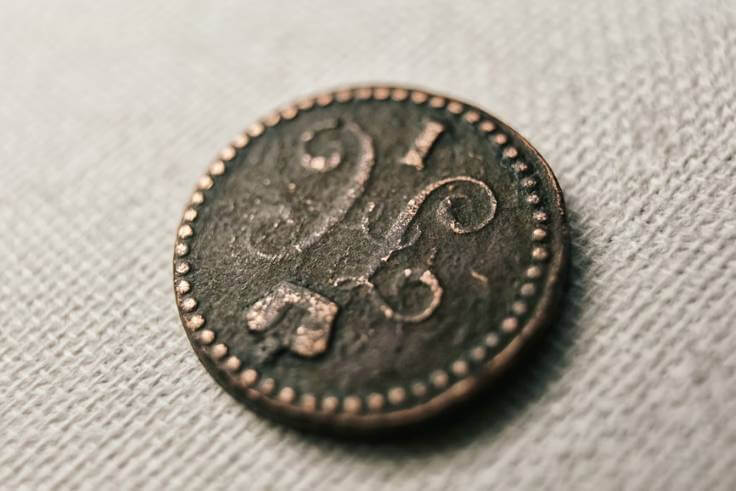
How Can I Use The Numismatics Database To Access Online Forums And Communities To Conduct Research?
Here's how you can conduct such a research: This is a methodical procedure for conducting this research. Examples include forums like CoinTalk, Reddit’s"r/Coins" and numismatic communities on social media platforms like Facebook groups, or LinkedIn.
Define Research Focus: Specify your research objectives. Are you looking to understand current trends in collecting, or discussing particular coins or historical periods, seeking advice on authentication and grading, or interacting with experts in specific areas of Numismatics? Find out the purpose of your research.
Search Strategy: Choose relevant keywords related to your interests, for example "numismatic forums," "coin collector communities," and "online numismatic conversations," including specific topics or keywords (ancients coins, moderns coins, paper currency) related to your question. Search functions are available on each platform.
Data Collection: Access the data contained in discussions, threads or articles on online forums. Gather insights on collecting strategies, coin identification tips, market trends, personal experiences with numismatic discoveries, and discussions about historical or cultural aspects of coinage.
Analysis: Analyze and understand the opinions of members within the numismatic online communities. Examine the degree of expertise, consensus, and quality of discussions among members to judge the accuracy of the information.
Cross-Referencing. Examine your knowledge by comparing the data of different forums and communities. Compare insights to gain a broad perspective on collecting patterns, market sentiments or professional advice from the Numismatics community.
Documentation - Write down your observations in a systematic fashion, citing threads, contributors, and discussions as required. Note key trends, insights and the opinions that are shared in the forums and communities on the internet.
Be Engaged: Participate actively in discussions and ask questions, then contribute to the conversation to get insight and make connections amongst the numismatics. Keep up-to-date by reading new threads, commenting on them, and making announcements.
These steps will assist you use forums online or communities as well as other resources to do your research into numismatics. This method allows you to access a collective of knowledge and knowledge from a wide group collectors and experts. They can offer invaluable insights and perspective on a variety of aspects related to the collecting of coins and identification. View the recommended currency exhibition tips for blog tips including banknote artist, rare banknotes, currency society, treasury, banknote, ringgit, authenticity, gold, coin certification, currency dealer and more.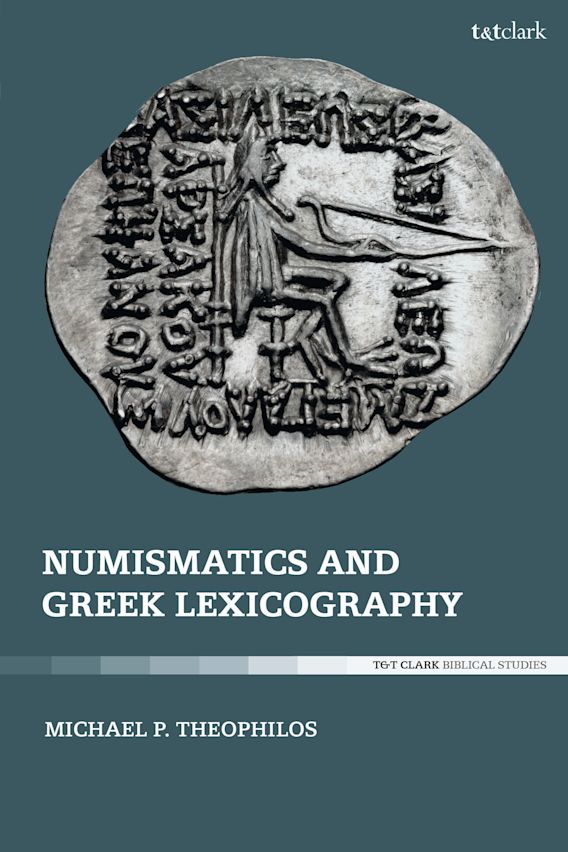
What Can I Do With A Database To Research Numismatics With Regards To Data Verification And Updates?
The study of numismatics in relation to updates and verification of data involves using databases that provide up-to-date and reliable information on the characteristics of coins, their historical contexts, market value, and collector trends. It is a systematic method to conduct this research. Some examples include auction databases for numismatics (such as Heritage Auctions, Stack's Bowers Galleries) as well as online catalogs of coins (like Numista, CoinArchives), numismatic society databases, and reliable dealer websites.
Define Research Focus: Specify your research objectives. Are you seeking to verify coin details (such the weight, or metal composition), historical facts (minting periods and mint marks) or market value (prices in auctions) or collectible trends? You should clarify the goal of your research to narrow it down.
Search Strategy: Use words like "numismatic verification of data,"" "coin catalog updates,"" "market value updates" and include specific kinds of coins, historical dates or other keywords that are relevant to your research topic. Utilize the search function to sort your results based on the date, source, and the attributes of a coin.
Data Collection: Verify and access information about the numismatic information. From auction results and catalog entries gather information such as description of coins, images of historical background, prices, and the provenance.
Verification Process: Check the reliability and accuracy of data by cross-referencing data across multiple databases, comparing details from different sources (auction houses, catalogs, societies for numismatics). To ensure accuracy, check the specifications of coins against references (such as mint records from the official government and coin grading manuals).
Updates: Check databases frequently and update information on numismatics. Keep yourself informed of new coin discoveries and market updates, as well as historic attribution changes, as well as collecting trends. Subscribe to the newsletters of Numismatic websites to receive updates on the latest developments.
Analysis: Examine your verified data in order to gain valuable insights into the characteristics of coins, such as historic significance, market trends and collector's preferences. Consider the implications of the updated data for your research and collection interest.
Documentation: Be sure to record your research findings in a structured manner including the sources that you used as well as the verification methods. Maintain records of new data or updates to market prices, as well as information gained from the process of research.
Following these steps can help you effectively use databases when researching numismatics. This will ensure that you have access to reliable and current information that is essential for making educated decisions regarding coin collection research, investment and research. Check out the best antique coins hints for website info including banknote club, coin history, banknote errors, banknote artist, legal tender, coin display, coin storage, collector, peso, quarter and more.